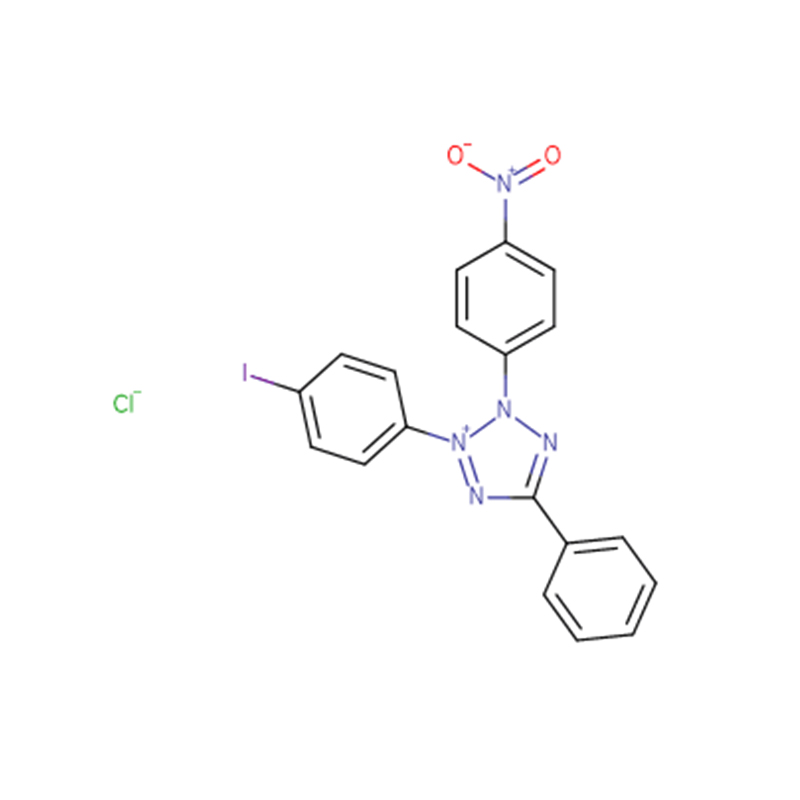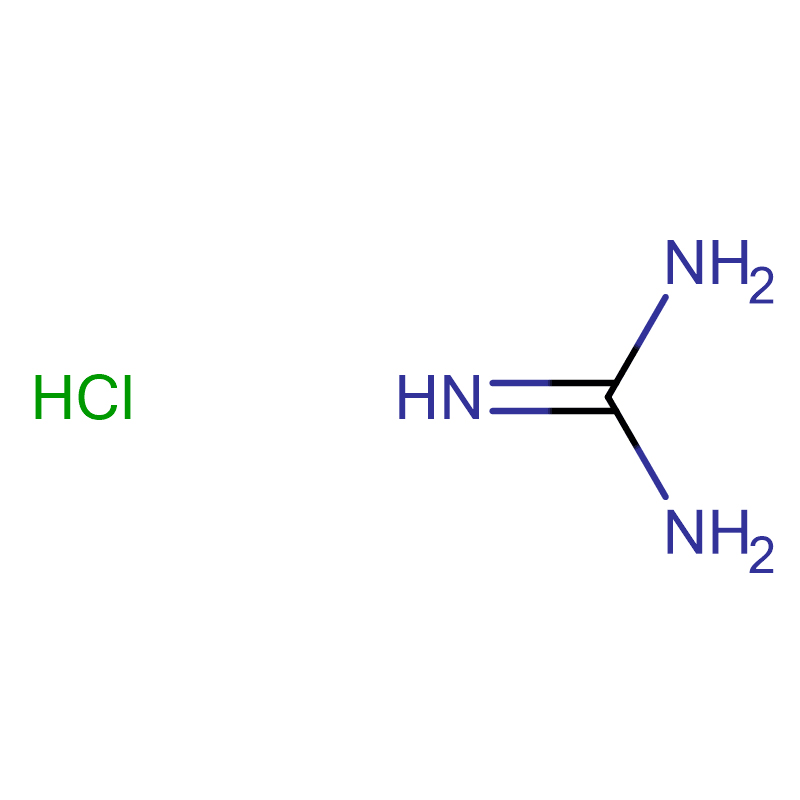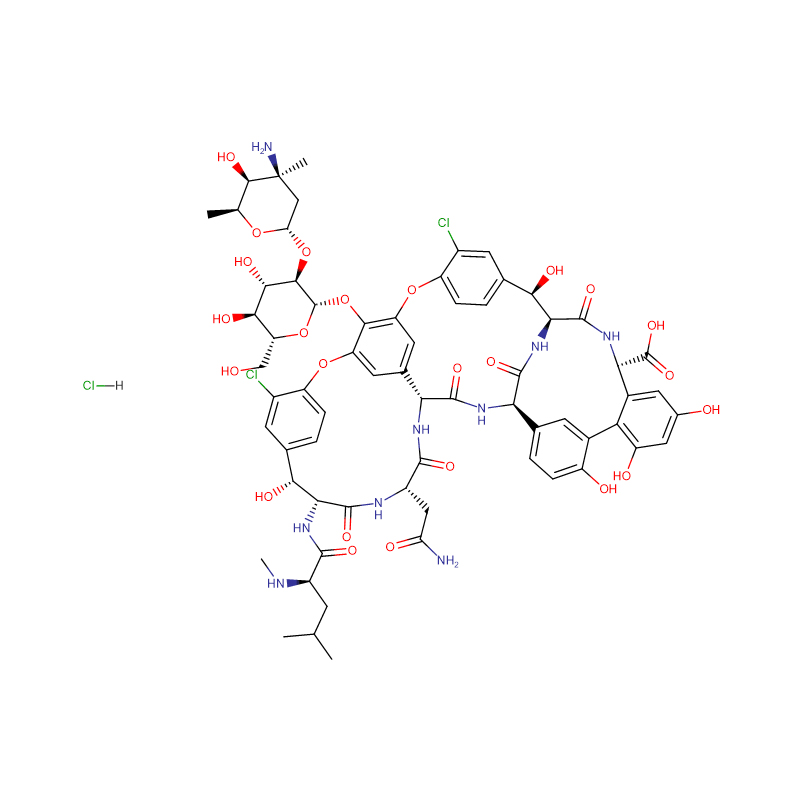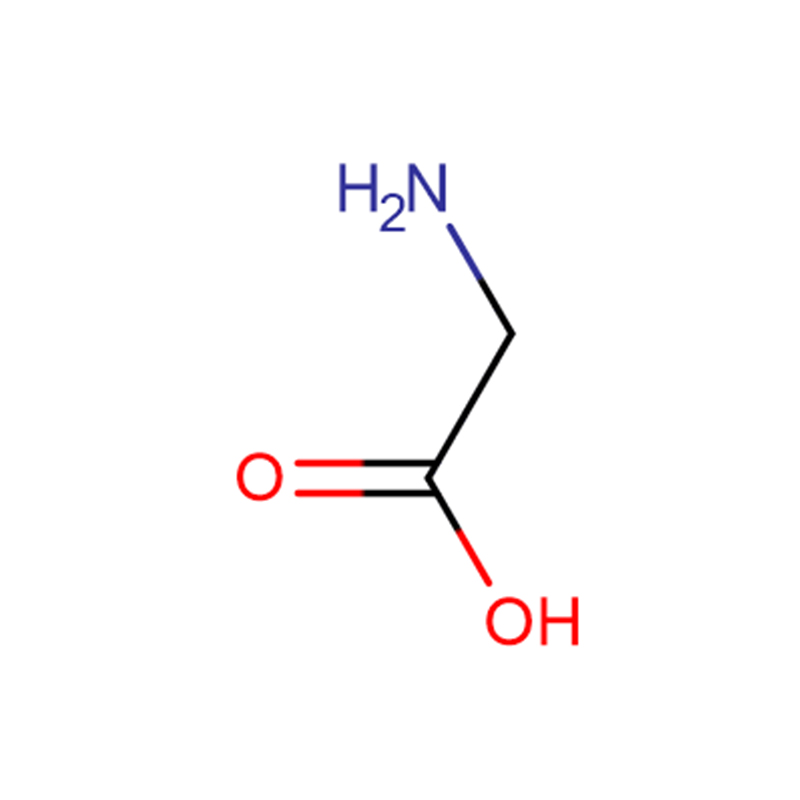Iodonitrotetrazolium chloride Cas: 146-68-9 98% Light yellow to orange powder
| Catalog Number | XD90217 |
| Product Name | Iodonitrotetrazolium chloride |
|
CAS |
146-68-9 |
|
Molecular Formula |
C19H13ClIN5O2 |
|
Molecular Weight |
505.70 |
| Storage Details | 2 to 8 °C |
| Harmonized Tariff Code | 32129000 |
Product Specification
| Identification | H-NMR |
| Solubility | Clear solution |
| Appearance | Light yellow to orange powder |
| Assay HPLC | >98% |
A reciprocal translocation of the ABL1 gene to the BCR gene results in the expression of the oncogenic BCR-ABL1 fusion protein, which characterizes human chronic myeloid leukemia (CML), a myeloproliferative disorder considered invariably fatal until the introduction of the imatinib family of tyrosine kinase inhibitors (TKI). Nonetheless, insensitivity of CML stem cells to TKI treatment and intrinsic or acquired resistance are still frequent causes for disease persistence and blastic phase progression experienced in patients after initial successful therapies. Here, we investigated a possible role for the MAPK15/ERK8 kinase in BCR-ABL1-dependent autophagy, a key process for oncogene-induced leukemogenesis. In this context, we showed the ability of MAPK15 to physically recruit the oncogene to autophagic vesicles, confirming our hypothesis of a biologically relevant role for this MAP kinase in signal transduction by this oncogene. Indeed, by modeling BCR-ABL1 signaling in HeLa cells and t aking advantage of a physiologically relevant model for human CML, i.e. K562 cells, we demonstrated that BCR-ABL1-induced autophagy is mediated by MAPK15 through its ability to interact with LC3-family proteins, in a LIR-dependent manner. Interestingly, we were also able to interfere with BCR-ABL1-induced autophagy by a pharmacological approach aimed at inhibiting MAPK15, opening the possibility of acting on this kinase to affect autophagy and diseases depending on this cellular function. Indeed, to support the feasibility of this approach, we demonstrated that depletion of endogenous MAPK15 expression inhibited BCR-ABL1-dependent cell proliferation, in vitro, and tumor formation, in vivo, therefore providing a novel "druggable" link between BCR-ABL1 and human CML.








